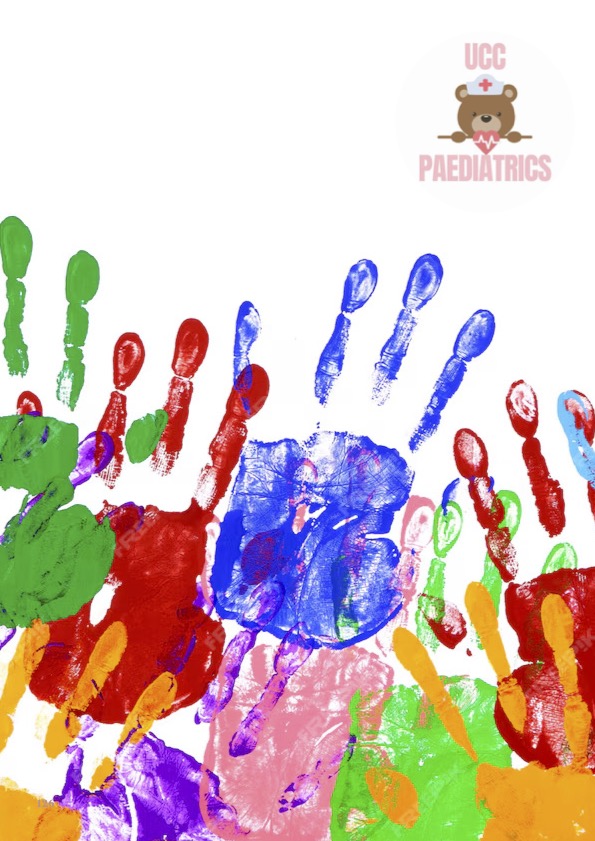Future frontiers in paediatric oncology
DOI:
https://doi.org/10.33178/SMJ.2024.1.17Keywords:
Oncology, Paediatric Oncology, Genetics, CRISPRAbstract
Paediatric oncology is the field of medicine relating to the care and treatment of childhood cancers. Over the past two decades, the remission rate has been increasing due to improved treatment methods; however, a number of aggressive forms of malignancy still affect this cohort. These rarer forms of cancer do not respond well to conventional treatment, presenting a significant challenge for paediatric oncologists due to their unique genetic profile and rapid progression. This paper seeks to explore two new frontiers in paediatric cancer treatment: the fields of genetic testing and targeted treatment strategies. Combined, both of these domains not only present a promising approach toward treating childhood cancers through personalised medicine, but also earlier detection leading to improved survival rates
References
Voss, Stephan D. “Pediatric Oncology and the Future of Oncological Imaging.” Pediatric Radiology, vol. 41 Suppl 1, 1 May 2011, pp. S172-185, pubmed.ncbi.nlm.nih. gov/21523594/, https://doi.org/10.1007/s00247-011- 2008-4. Accessed 1 May 2023.
Hargrave D, Bartels U, Bouffet E. Diffuse brainstem glioma in children: Critical review of clinical trials. Lancet Oncology 2006; 7(3):241–248. doi: 10.1016/S1470- 2045(06)70615-5
Saletta F, Seng MS, Lau LM. Advances in paediatric cancer treatment. Transl Pediatr. 2014;3(2):156-182. doi:10.3978/j.issn,2224-4336.2014.02.01
Kaatsch P. Epidemiology of childhood cancer. Cancer Treat Rev. 2010;36(4):277-285. doi:10.1016/j.ctrv.2010.02.003
Ten leading causes of death and injury. Centers for Disease Control and Prevention Available online: http://www.cdc. gov/injury/wisqars/leadingcauses.html
Wu Y, Deng Y, Wei B, et al. Global, regional, and national childhood cancer burden, 1990-2019: An analysis based on the Global Burden of Disease Study 2019. J Adv Res. 2022;40:233-247. doi:10.1016/j.jare.2022.06.001
Desrosiers LR, Quinn E, Cramer S, Dobek W. Integrating genetic counseling and testing in the pediatric oncology setting: Parental attitudes and influencing factors. Pediatr Blood Cancer. 2019 Oct;66(10):e27907. doi: 10.1002/ pbc.27907. Epub 2019 Jul 11. PMID: 31294517.
Borkhardt A, Welte K, Olschewski E, Niemeyer, C. Germline mutations in children with cancer—Leopoldina meeting report, September 26, 2014, Jesuit monastery merzhausen. Klinische Padiatrie, 2014; 226(6–7), 382–384.
Johnson L-M, Valdez JM, Quinn EA, et al. Integrating nextgeneration sequencing into pediatric oncology practice: an assessment of physician confidence and understanding of clinical genomics. Cancer. 2017; 123(12): 2352-2359.
Hayes DN, Kim WY. The next steps in next-gen sequencing of cancer genomes. J Clin Invest. 2015 Feb;125(2):462- 8. doi: 10.1172/JCI68339. Epub 2015 Feb 2. PMID: 25642706; PMCID: PMC4319423.
Levy SE, Boone BE. Next-Generation Sequencing Strategies. Cold Spring Harb Perspect Med. 2019 Jul 1;9(7):a025791. doi: 10.1101/cshperspect.a025791. PMID: 30323017; PMCID: PMC6601457.
Forrest SJ, Geoerger B, Janeway KA. Precision medicine in pediatric oncology. Curr Opin Pediatr. 2018 Feb;30(1):17- 24. doi: 10.1097/MOP.0000000000000570. PMID: 29189430; PMCID: PMC5770114
Warren CB. Immunotherapy in Pediatric Oncology: An Overview of Therapy Types and Nursing Implications. Clin J Oncol Nurs. 2018 Dec 1;22(6):649-655. doi: 10.1188/18.CJON.649-655. PMID: 30452014.
Brivio E, Baruchel A, Beishuizen A, et al. Targeted inhibitors and antibody immunotherapies: Novel therapies for paediatric leukaemia and lymphoma. Eur J Cancer. 2022 Mar;164:1-17. doi: 10.1016/j.ejca.2021.12.029. Epub 2022 Feb 1. PMID: 35121370.
Katti A, Diaz BJ, Caragine CM, Sanjana NE, Dow LE. CRISPR in cancer biology and therapy. Nat Rev Cancer. 2022 May;22(5):259-279. doi: 10.1038/s41568-022- 00441-w. Epub 2022 Feb 22. PMID: 35194172.
National Commission for the Protection of Human Subjects of Biomedical and Behavioral Research: The Belmont Report: Ethical Principles and Guidelines for the Protection of Human Subjects of Research, April 18, 1979 [http://ohsr.od.nih.gov/guidelines/belmont.html].
Miller FG, Brody H: A Critique of Clinical Equipoise: Therapeutic Misconception in the Ethics of Clinical Trials. Hastings Cent Rep 2003, 33(3):19-28. 18. Norbäck K, Höglund AT, Godskesen T, Frygner-Holm S. Ethical concerns when recruiting children with cancer for research: Swedish healthcare professionals' perceptions and experiences. BMC Med Ethics. 2023 Mar 14;24(1):23.

Downloads
Published
License
Copyright (c) 2024 Danielle Beleutz, Sydney Brannen, Pádraig Cronin, Colleen Haughey

This work is licensed under a Creative Commons Attribution-NonCommercial 4.0 International License.









